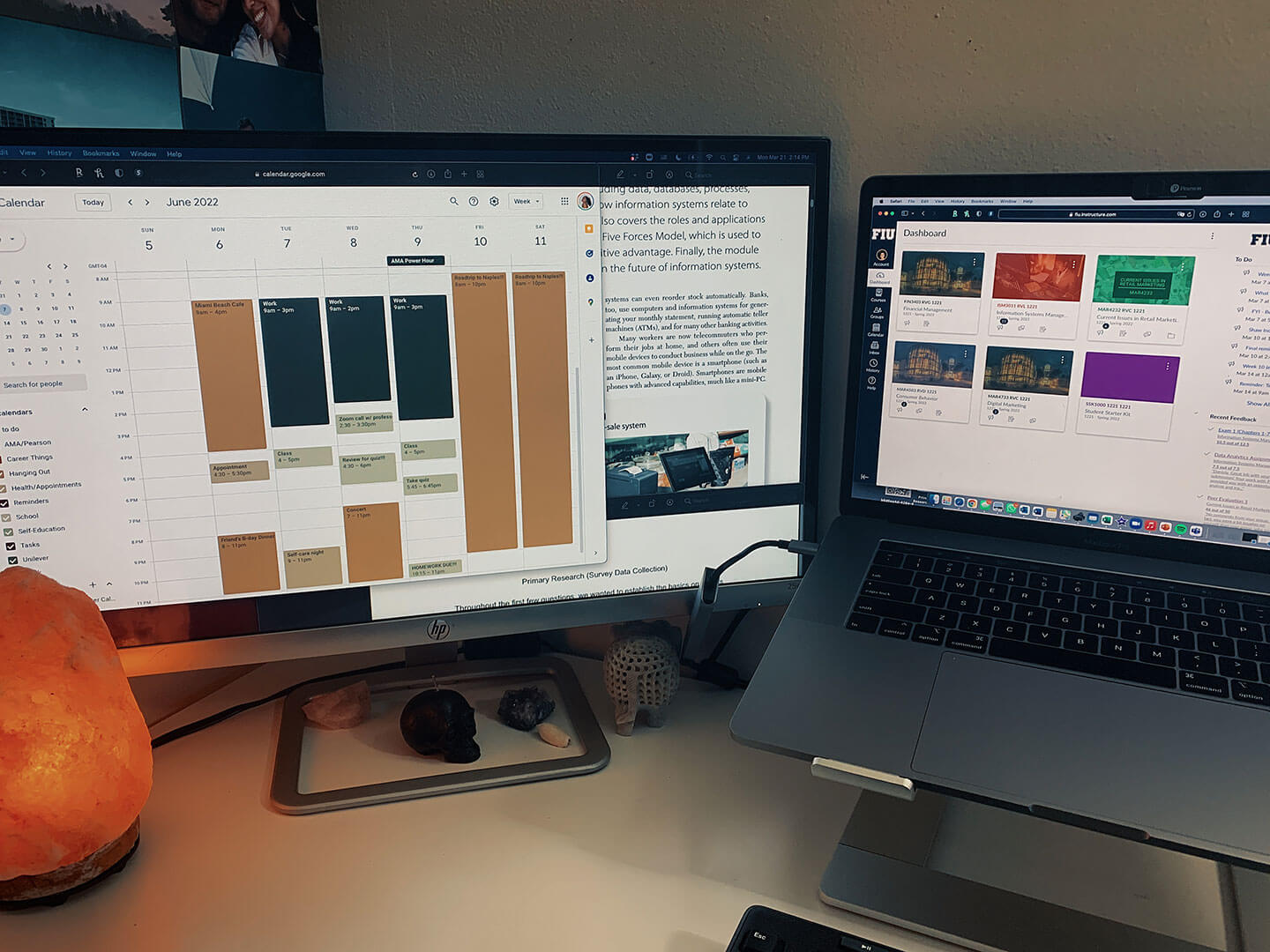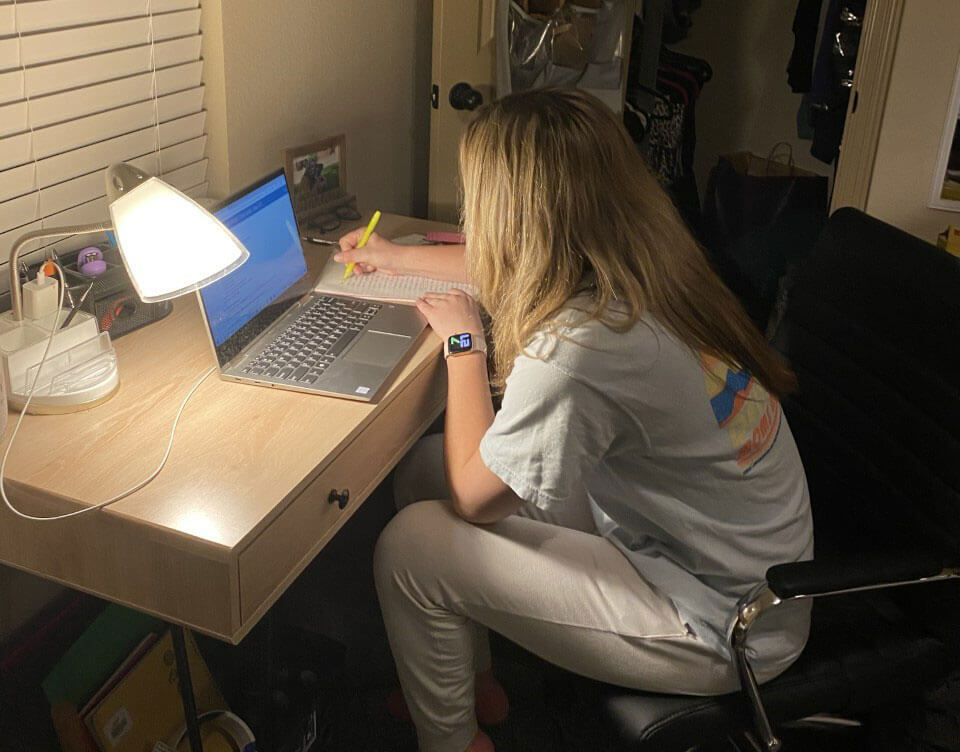
Isn’t College Supposed to be Fun? 3 Great Ways to Manage Academics and Do What Makes You Happy
When I got to college, I remembered the countless times I heard an older adult or other family member say to me “college was the most fun time in my life, I would go back if I could”. I decided to take it as motivation to have the best college experience possible. I came up with three ingredients to make my college experience sweet; prioritizing what is important, managing my time, and getting involved in order to new people. These simple rules are something that college students hear all the time but why are they so important for us to actually follow?
Prioritize Your Work First
The biggest reason we all go to college is to pursue an education and eventually earn a degree that will hopefully lead to a job. But simply attending classes won’t lead to doing well and achieving a good GPA. Poor grades lead to negative feelings and stress; no one has fun failing. This is where prioritizing your work can help. Make sure you are on top of your schoolwork before participating in any other plans such as hanging with friends or going to sporting events.
My own example of this occurred last semester when I really wanted to join some friends on a trip to California to watch my university play in the NCAA basketball tournament. The day we were to leave, I had two exams I needed to take. I prioritized preparing for and taking those exams over anything else – even packing. Everything ended up a success with two great grades on the exams and I made it on time to my flight later that day. Knowing I prioritized my tests and scored well on them made my time in California so much more fun because I knew I had been successful.
Plan for Work and Play
Learning how to manage your time on a day-to-day basis while in college is important. I manage my time by having a calendar with dates for not only all my schoolwork but also my personal commitments, like setting aside time to make meals, extra studying besides just homework, and time for personal hobbies. Having this organization has aided me in being a successful student while also building in time for fun activities, like hanging out with friends, spending time with my family, playing golf, and babysitting. These outside activities are what makes college fun for me and makes me happiest.
It’s Who You Know, Not What You Know
Besides just being on campus and in the classroom, it is very important to get out of your comfort zone and meet new people. Campus involvement plays a huge role in making your college experience the best because you get to meet so many new people who could be an ally for you in the future. A close family member has always said to me, “it’s who you know, not what you know”, and those words have proved to be true. Building emotional intelligence and social skills can make you so much more of a successful person no matter how smart you are in the classroom. People need people and we rely on each other so much. Getting involved within your college or university will just make your experience even more sweet.
All in all, I know I have made my college experience worth way more than I ever thought I could, and I think everyone else should be able to as well by following my three ingredients to become a successful and happy student.
Do you have a compelling story or student success tips you’d like to see published on the Pearson Students blog? If you are a college student and interested in writing for us – click here to pitch your idea and get started!







